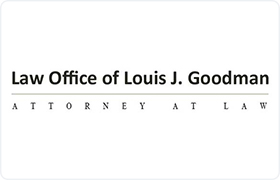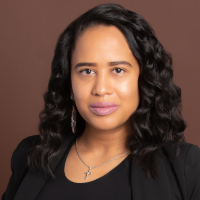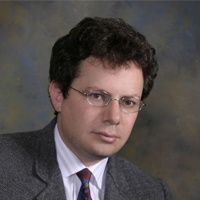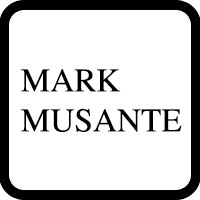Hayward RICO Act Lawyer, California
Sponsored Law Firm
-
 x
x

Click For More Info:
-
Louis J Goodman Attorney At Law
1290 B St Suite 307 Hayward, CA 94541» view mapCriminal Defense Law Tough, Experienced, and Professional
If you have been charged with a crime in Alameda County, California, contact The Law Offices of Louis J. Goodman.
510-582-9090
Not enough matches for Hayward RICO Act lawyer.
Below are all Hayward Criminal lawyers.
Jyoti Rekhi
✓ VERIFIEDJyoti Rekhi graduated from the University of California, Irvine in 2001 with a Bachelor of Arts degree in English and Women's Studies. Ms. Rekhi recei... (more)
Sunita Kapoor
✓ VERIFIEDHeadquartered in Danville, California, the Law Offices of Sunita Kapoor, represents individuals and businesses in California. Specializing in business... (more)
Jo-Anna Marie Nieves
✓ VERIFIEDArmed with considerable experience working for the District Attorney in Sacramento, CA and her voluminous representation of large corporate clients in... (more)
Robert Gary Cummings
✓ VERIFIEDThe Law Offices of Robert G. Cummings is devoted to the defense of individuals and entities charged with or facing criminal prosecution. Mr. Cumming... (more)
Alexander H Lubarsky
✓ VERIFIEDMr. Lubarsky is an active member of the California Bar and has a law degree as well as a Master's degree in law. He has been in practice for over fift... (more)
Maria G Guraiib
✓ VERIFIEDI was born and educated in Tucuman, Argentina. I graduated from the National University of Tucuman with a juris doctor and became a practicing attorne... (more)
Seth Morris
✓ VERIFIEDWhen the legal system fails you, you can’t leave yourself or your child at the mercy of a judge and 12 jurors. Seth Morris has saved his clients fro... (more)
Marcus Charles Musante
✓ VERIFIEDExperienced Criminal Trial Attorney (state and federal) with 16+ years of diverse experience, handling 50+ jury trials in California, including specia... (more)
 Louis J. Goodman Hayward, CA
Louis J. Goodman Hayward, CA Practice AreasExpertise
Practice AreasExpertise










